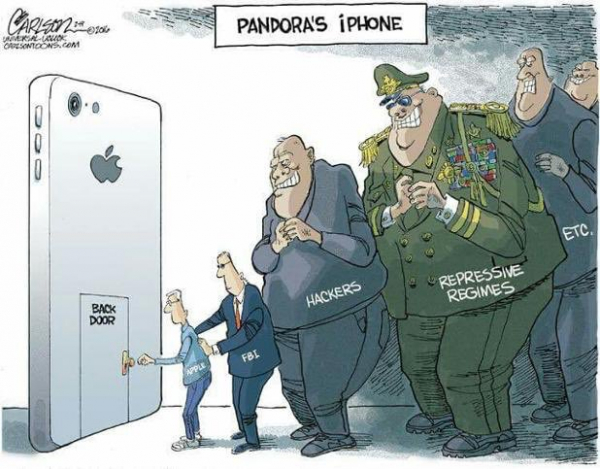Johana Bhuyiyan at Recode, imagining how cities will evolve with self-driving cars:
Local governments will have to reimagine how cities are designed. Will roads become shared space for self-driving cars and pedestrians? Will infrastructure like traffic lights and signs need to communicate with vehicles? And since you'll be able to automatically summon your car, from a parking lot miles away, who needs a garage attached to their house? […]
And cities may look drastically different. Sidewalks could go away, as pedestrians and cars share the roads. There will be no street parking, just parking garages outside of city centers. And traffic signs and infrastructure may disappear — replaced with smaller, cheaper equipment that only needs to communicate with cars. Their drivers will be gone.
